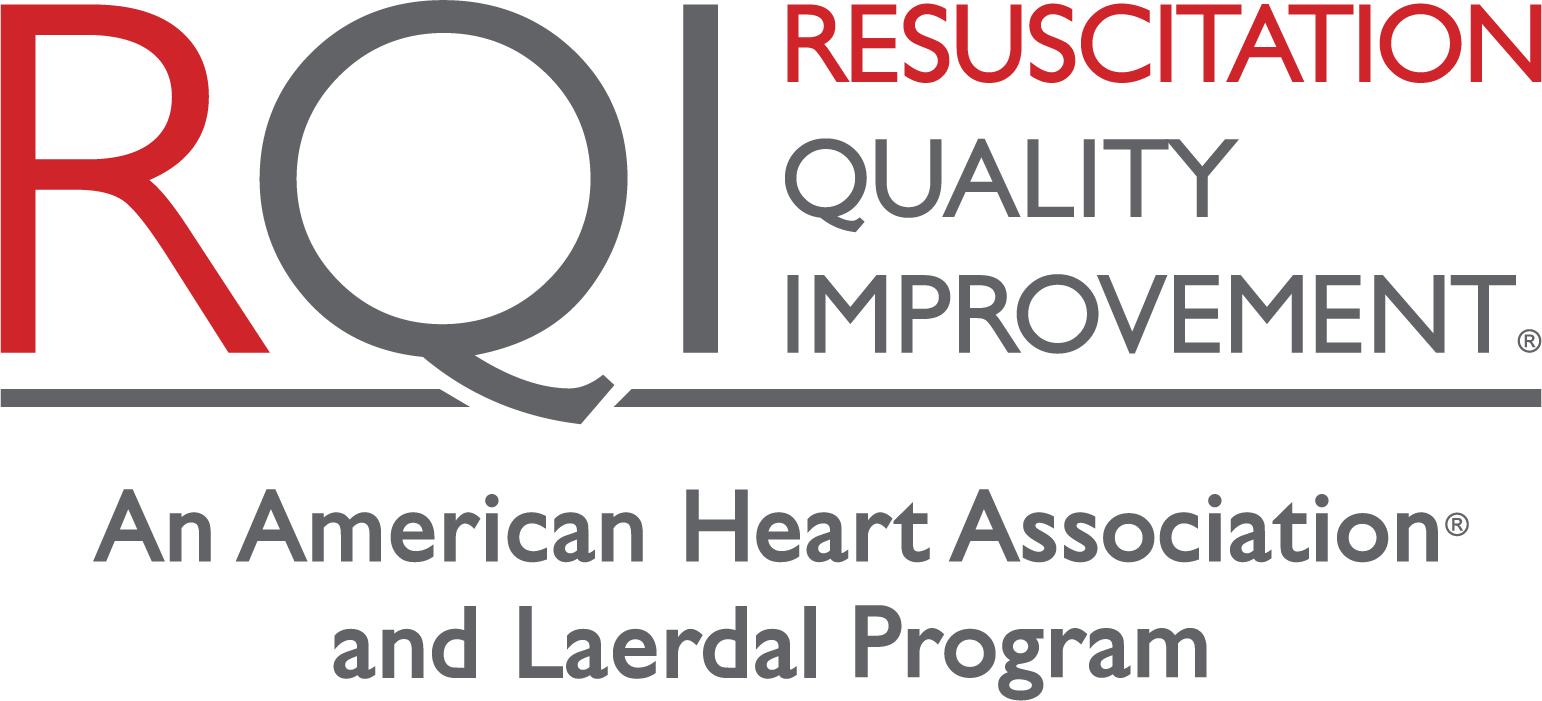Contextual Learning, Debriefing, Deliberate Practice, Education Science Guidelines, Feedback, Low Dose, High Frequency, Mastery Learning
The provision of an effective education component is highly dependent on the instructional design of the educational endeavor because design strongly determines how content is delivered to and ultimately taken ...
Adaptive Learning, Contextual Learning, Debriefing, Deliberate Practice, Low Dose, High Frequency
Best Practices for Education and Training of Resuscitation Teams for In-Hospital Cardiac Arrest
Each year in the United States, approximately 292,000 adult patients suffer an in-hospital cardiac arrest (IHCA) with significant variation in their survival rate. This study identifies four themes related to ...
Assessment, Contextual Learning, Debriefing, Deliberate Practice, Feedback, Low Dose, High Frequency, Mastery Learning
Resuscitation Education Science: Educational Strategies to Improve Outcomes From Cardiac Arrest: A Scientific Statement From the American Heart Association
In order to increase educational efficiency in Utstein’s Formula of Survival, instructional design enhancements for CPR training have been identified to increase educational outcomes, patient outcomes, and survival after cardiac ...
Improving In-Hospital Cardiac Arrest Process and Outcomes With Performance Debriefing
The use of real-time feedback with debriefing that incorporates clinical data from an actual
resuscitation event is an effective tool to improve measurement of CPR quality and initial patient
survival ...
Debriefing, Deliberate Practice, Mastery Learning
“Putting It All Together” to Improve Resuscitation Quality
Improving training before, monitoring CPR quality during, and debriefing participants after resuscitation events has the potential to improve the quality of care delivered to cardiac arrest victims.
Contextual Learning, Debriefing, International
The Use of High-Fidelity Manikins for Advanced Life Support Training – A Systematic Review and Meta-Analysis
Level of physical and emotional fidelity should relate to specific learning goals, matching the objectives for skill performance.
